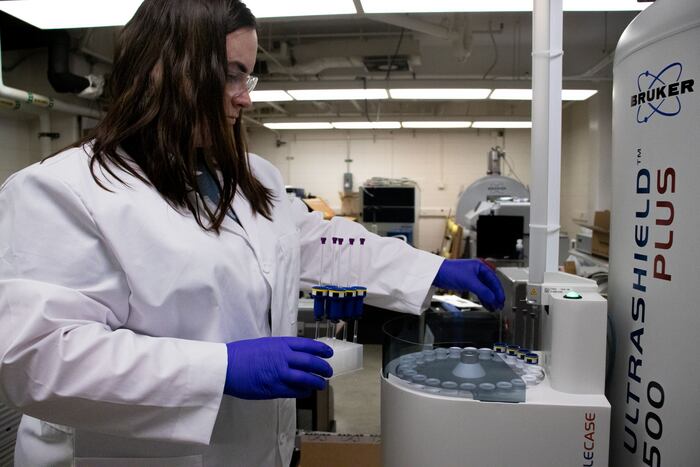The recent investigation into a supplier selling prepacked meats and deli products from South America and Europe into a UK supermarket where they were labelled and sold as British caused a media frenzy to identify the supermarket at the centre of the scandal.
However, it is important to recognise that Booths and its customers are victims of this crime. With the potential for criminal prosecution, Booths cannot name the supplier, and as a result, all focus has been on it - the retailer.
For a crime to take place, there needs to be an opportunity, a likely offender and a victim. In this case, the victims were clearly Booths and its customers; the opportunity is undoubtedly financial, coupled with highly disrupted supply chains currently; and the likely offender will come out in time – hopefully in court.
This food fraud is not an isolated incident, and the current market conditions create unprecedented financial pressures that may drive good people to do bad things. Often, these start as interventions to resolve a short-term issue, like fulfilling an order. When the financial benefits are seen and there have been no negative repercussions, it makes it easier to do it again and again. Therefore, it is essential to take steps to prevent food fraud in your business.
Preventing food fraud
The likelihood of food fraud occurring can be calculated – it is a balance between potential reward and inducement relative to guilt, effort and risk. To prevent fraud in your business, you need to focus on situational crime prevention. Put hurdles in the way that make it harder, riskier and less profitable. Below are three practical steps one can implement.
1. Use intelligence, insight, and data to focus on risk areas
There is a difference between risk potential and risk intelligence. Risk potential tends to be the high value, high volume and involve complex supply chains. It usually includes the top 10 most adulterated materials. Worth noting that these are not necessarily the most adulterated, but they are the most tested!
Risk intelligence on the other hand, looks at supply and demand, cost differentials between origins, supply chain disruption, etc.
2. Increase the chances of getting caught
Don’t make it easy for the bad actors to target you. Think of it in the same way as leaving valuables visible in your car whilst you nip to the shops.
Processes such as more surveillance visits, testing programmes, samples from supplier on audit and unpredictable tests and timings can help deter fraudsters.
There are a range of tests which can be undertaken such as consistency with claimed origin, variety tests (i.e., is that a genuine Maris Piper potato?), quality tests which examine the nutritional content and texture, and more. The key is to target testing and the timing of testing alongside intelligence, insight, and data.
3. Reduce inducement
If supply contracts have fulfilment penalties that are punitive, fraud is more likely to occur. Instead, encourage dialogue and honesty ahead of penalties to ensure you are not inducing an environment where fraud is more likely.
Food fraud effects everyone
By implementing these actions, you can significantly reduce the odds of food fraud occurring in your organisation.
It is crucial to remember that food fraud is not a victimless crime, and it affects everyone in the supply chain.
Taking a proactive approach to prevent food fraud is essential to protect your business, your customers, and the industry as a whole.




